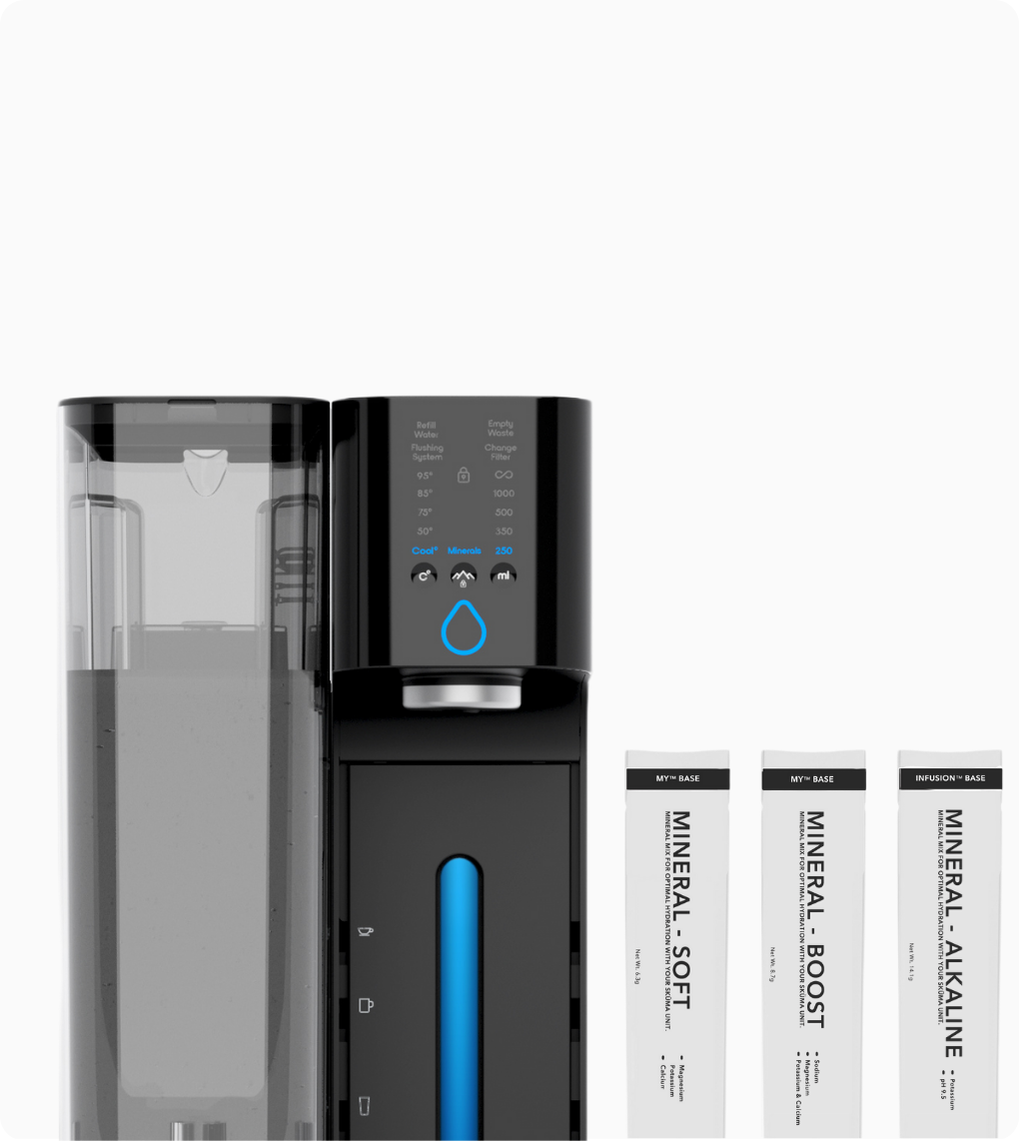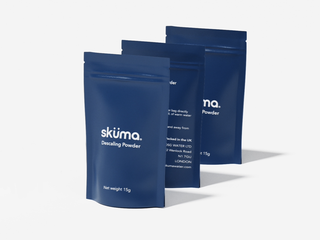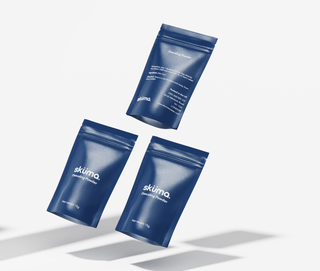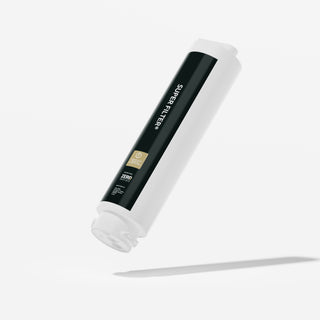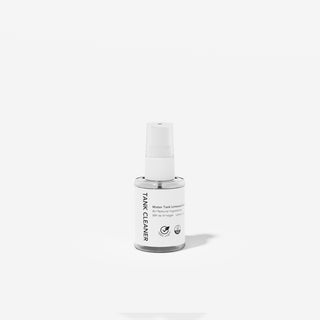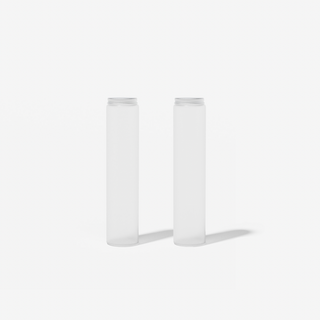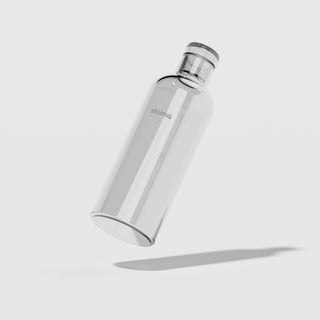Signs You May Be Dehydrated and Why It Matters
Suffering from UTIs, Headaches, and Fatigue? Dehydration Might Be the Root Cause
Ever asked yourself, “Am I drinking enough water?” You’re not alone.
Many people experience the side effects of dehydration daily without even realising it—from dark urine, to headaches, cognitive issues, and even urinary tract infections (UTIs)! Dehydration has several negative impacts, with some being lesser known but no less serious.
In this article, we break down the link between dehydration and UTIs, the most common signs of dehydration, and how improving your water intake can make a big difference to your energy, focus, and overall health.
Can Dehydration Cause a UTI?
Yes — dehydration can significantly increase your risk of developing a urinary tract infection.
When you don’t drink enough water, your body struggles to flush out bacteria from the urinary tract.
Proper hydration keeps urine flowing regularly, which physically helps remove bacteria before they can cause an infection.
Skipping water throughout the day doesn’t just make you feel sluggish — it can directly impact your urinary health too.
How Much Water Should You Actually Be Drinking?
The answer isn’t always “8 glasses a day.”
Your ideal intake depends on your body size, activity level, climate, and diet—but as a general guideline, aim for 2.7 litres a day for women and 3.7 litres for men.
If you exercise, sweat more, or drink caffeine regularly, your needs increase. The key is consistency: sipping water throughout the day is far more effective than chugging it all at once.
Your Body Shows Subtle Signs Before Thirst Hits
Thirst is actually a late indicator of dehydration. Earlier signs often include:
- Fatigue
- Headaches
- Dizziness
- Dark urine
- Dry mouth
Even mild dehydration (as little as 1–2% fluid loss) can start to affect your cognitive function and physical performance.
A 2013 study found that dehydration is linked to decreased alertness and increased tiredness, so listen to your body to catch and prevent dehydration early.
Dehydration Affects Your Mood, Memory, and Focus
- Not drinking enough water doesn’t just make you physically sluggish — it also negatively impacts mental clarity.
- Research shows that inadequate hydration is linked to poorer concentration, short-term memory, and mood swings. If you’re feeling irritable or unfocused, dehydration could be the silent culprit.
Your Skin and Digestion Also Suffer When Water Is Low
- Dehydrated skin may appear tight and dry — no skincare routine can fix it without internal hydration.
- Digestion works better with proper water intake. Constipation and bloating are often early warning signs that your system needs more water.
How to Improve Your Water Intake Daily
The fix? Create consistent hydration habits:
- Sip water throughout the day, not just when you feel thirsty.
- Choose filtered, mineral-rich water to support absorption and electrolyte balance.
- Set reminders, track your intake, or use a smart bottle if needed.
Don’t wait until you’re parched.
Sküma makes it easy to stay hydrated with high-quality, mineral-enriched water that actually tastes good. Ready to upgrade your hydration habits?
Explore Sküma.
Citations:
- Armstrong et al., 2013, Journal of Nutrition
- Ganio et al., 2011, Cognitive Effects of Dehydration
- Popkin et al., 2010, Water, Hydration, and Health
- Mayo Clinic, 2023, Symptoms of Dehydration
- Jeong et al., 2021, Water Intake and Skin Health
- Hooton, T.M., et al., 2018 – Dehydration and Urinary Tract Infections, Clinical Infectious Diseases


